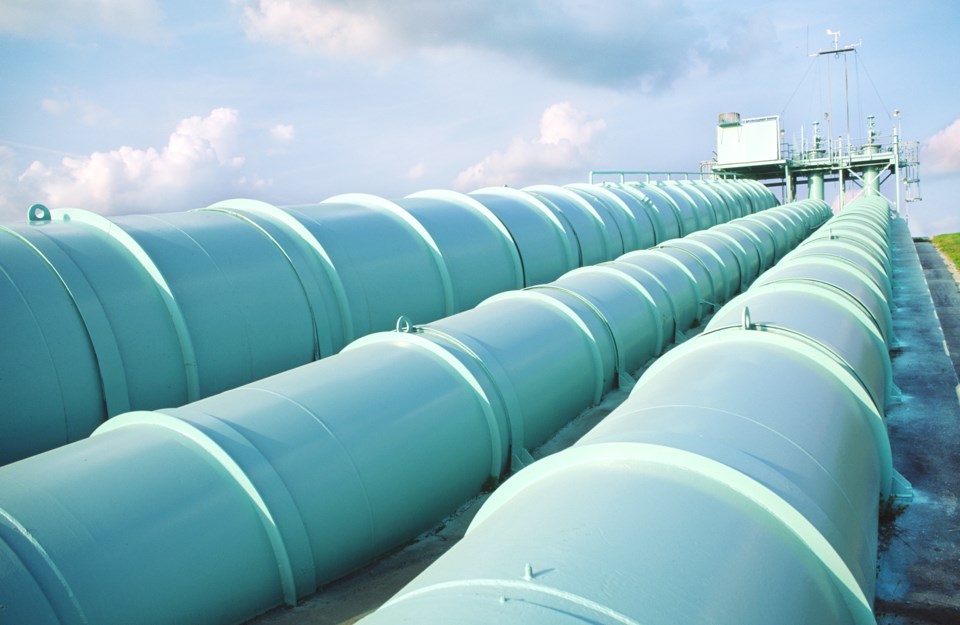Michelle, Cape Town, March 2018, is counting her glasses of water. She is allowed to use 50 litres per day. Drinking is three litres, one toilet flush is nine litres. Four million people in South Africa are in the same situation, as this year’s rainfall is the country’s lowest in almost a century.
Elisapie, Iqaluit, December 2017, realizes her grandfather can’t rely anymore on his traditional knowledge for hunting, as the ice is changing and becoming more unpredictable. What will the community do for food and for getting around? What will this do to their culture and way of life?
Tony, Vancouver, August 2017, is worried. His daughter has been wheezing intensely over the past week. Metro Vancouver is experiencing poor air quality due to wildfires burning. Thousands of people are displaced because of fires. Nothing to do, just wait.
What do Michelle, Elisapie and Tony have in common? All three are experiencing climate change and pollution-related events, even if they are living in very different regions of the world and having varied problems.
Pollution and climate change are now the main killers worldwide. Every year, seven million people die from causes linked to climate change and pollution, according to the World Health Organization. Climate change is now considered to be the greatest threat to human survival.
The root of this problem lies largely in our dependence on fossil-fuel and combustible energy, which affects the environment and quality of air. The changed environment changes our climate and produces unexpected climate events (such as drought, hurricanes, fires). In turn, climate change, climate events and pollution affect human health and biodiversity. This complex series of events is affecting not only our health but also our relationship with the elements and living species in many ways.
Considering this major challenge, probably the most important humankind has ever faced, and considering that investing in fossil-fuel infrastructure and in the fossil-fuel industry is totally unacceptable, as professors at the University of Victoria, we stand and say no to pipelines and to the mining of oilsands that the pipelines are intended to facilitate.
We stand for the rights of First Nations. The government should respect their rights of self-determination on their land and in building their communities.
We stand for the rights of those who demonstrate in opposition to the pipeline projects. Free expression is a right.
We stand for the right of each and every person and all living beings everywhere to have access to air, water and land that will support and sustain their health and biodiversity.
We stand for an ecological transition that will create environmentally sustainable ways of living, transportation, housing, food and more. Solutions exist, and we need to implement them now.
This change will necessitate massive investments and significant support for workers transitioning into new industries. Jumpstarting the renewables economy can be a source of good employment for workers across Canada. But for this, we need, among other things, to switch investments, tax breaks and subsidies from the carbon economy to sustainable and renewable energy. The ecological transition will be possible only if supported by political decisions and economic investments.
We stand and say no to pipelines. We urge the federal government to reconsider its decision to support and finance the Trans Mountain pipeline expansion, and to re-direct its actions and funding toward building healthy and sustainable societies.
Signed by these University of Victoria professors:
Astrid Brousselle, professor and director, school of public administration
Kara Shaw, associate professor and director, environmental studies
Susan Duncan, professor and director, school of nursing
Jeff Corntassel, associate professor, Indigenous studies
Shanne McCaffrey, assistant professor, school of child and youth care
Terry Poucette, assistant professor, school of public administration
James Rowe, associate professor, environmental studies
Helga Kristín Hallgrímsdóttir, associate professor, school of public administration
Damien Contandriopoulos, professor, school of nursing
Lynda Gagné, assistant professor, school of public administration
Jim McDavid, professor, school of public administration
Astrid Pérez Piñán, assistant professor, school of public administration
Budd Hall, professor, school of public administration
Trevor Hancock, professor, school of public health and social policy
Andrea M. Piccinin, professor, department of psychology
Kelli I. Stajduhar, professor, school of nursing
Emmanuel Brunet-Jailly, professor, school of public administration



